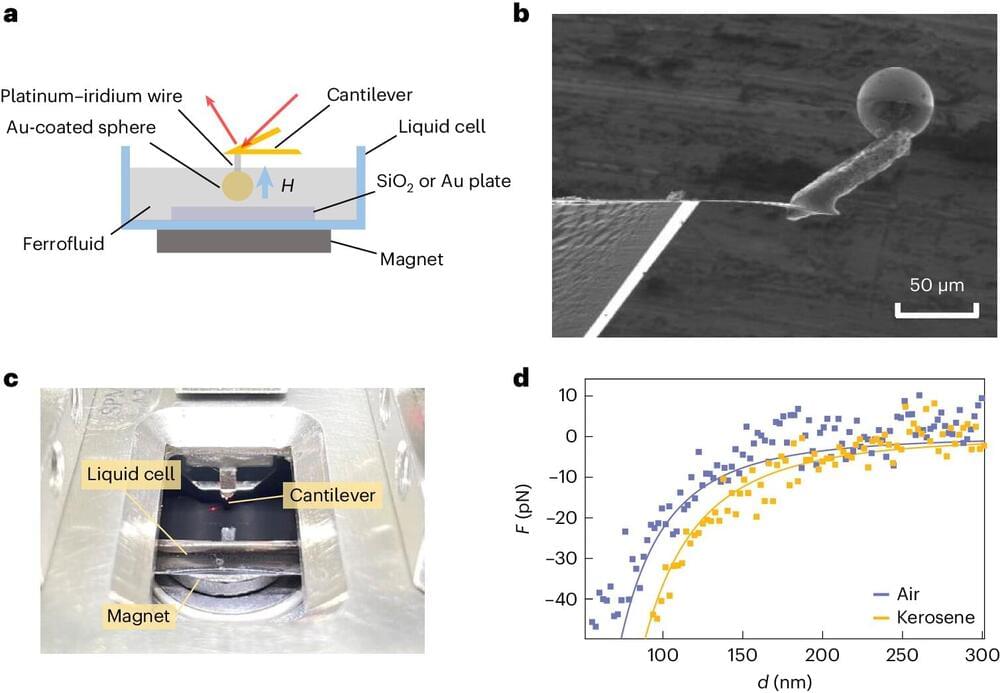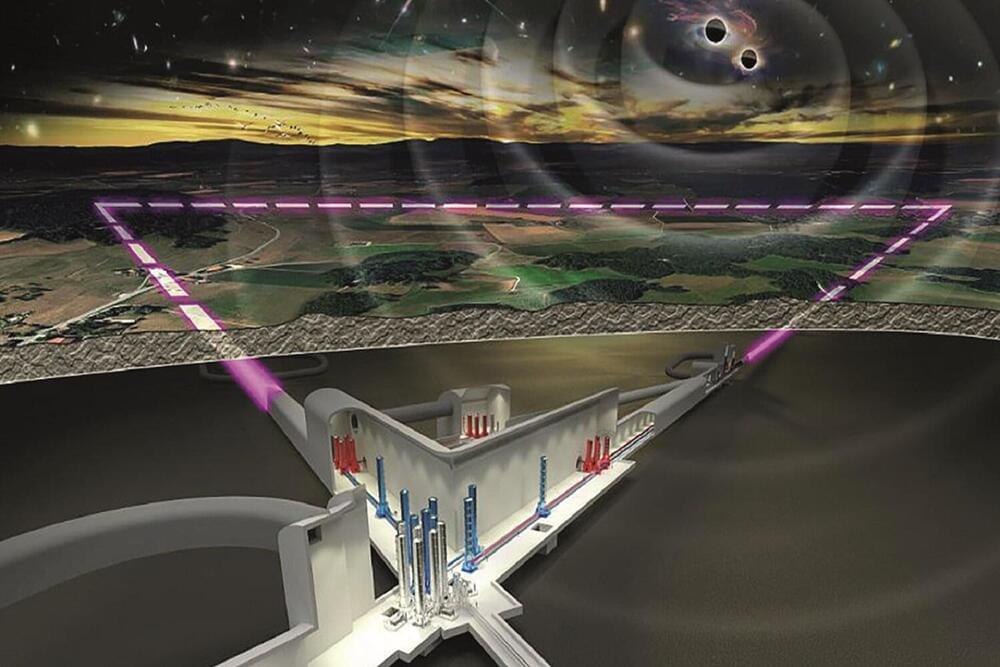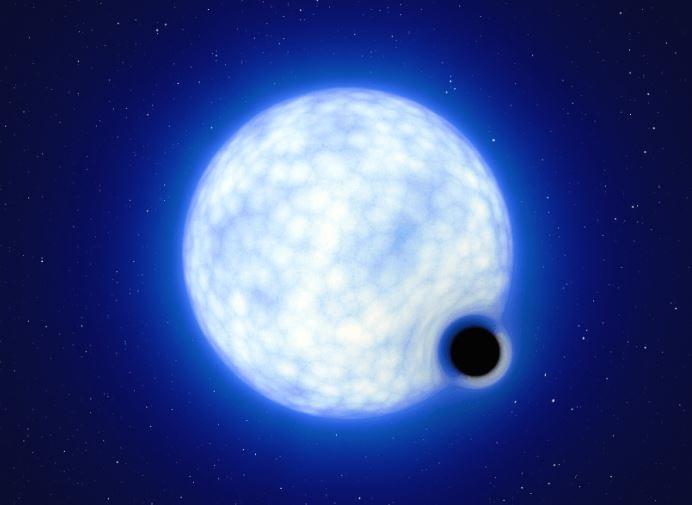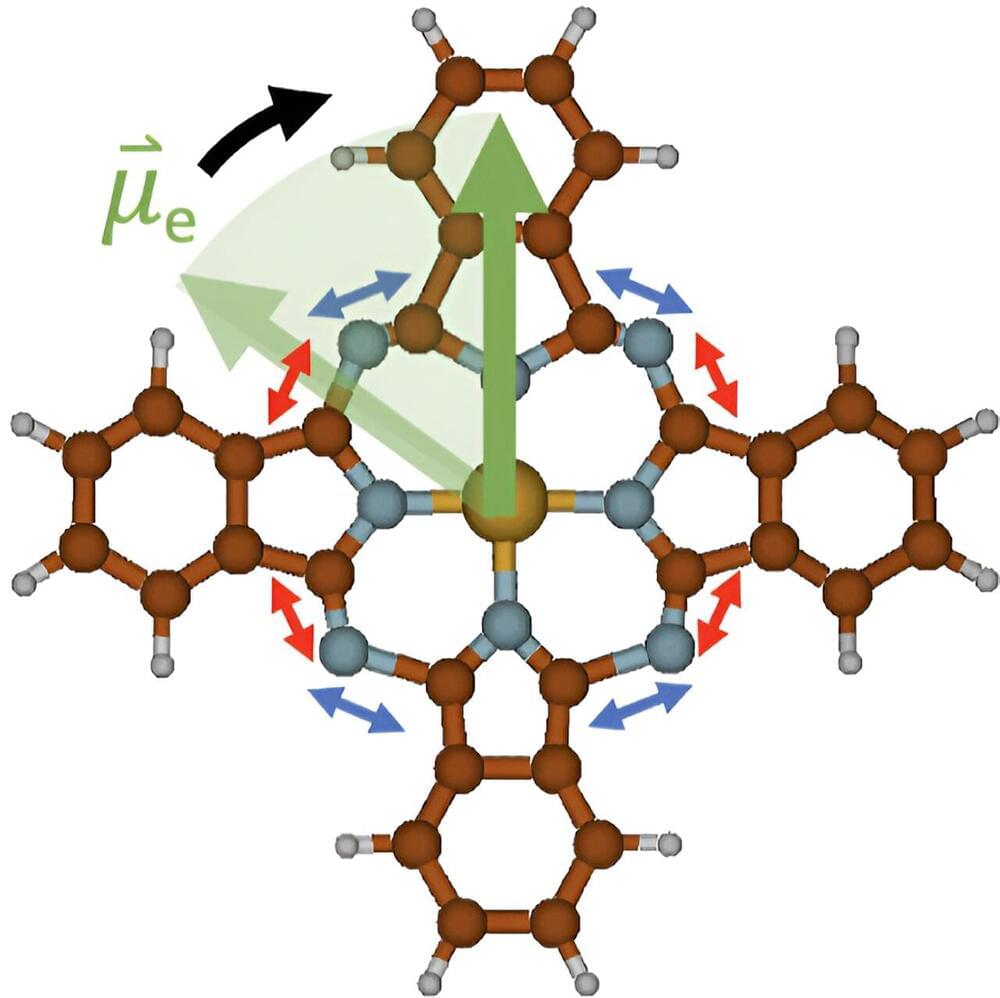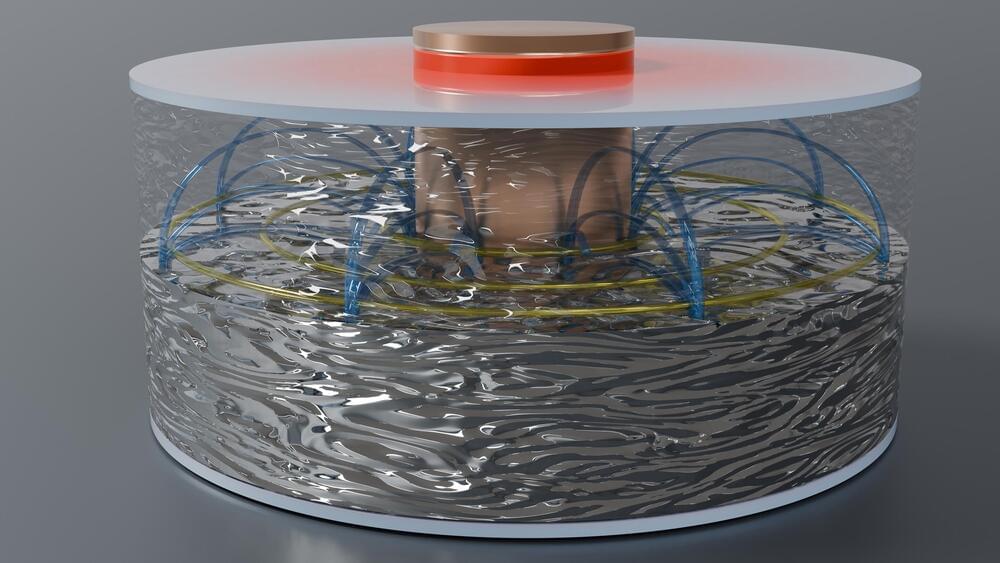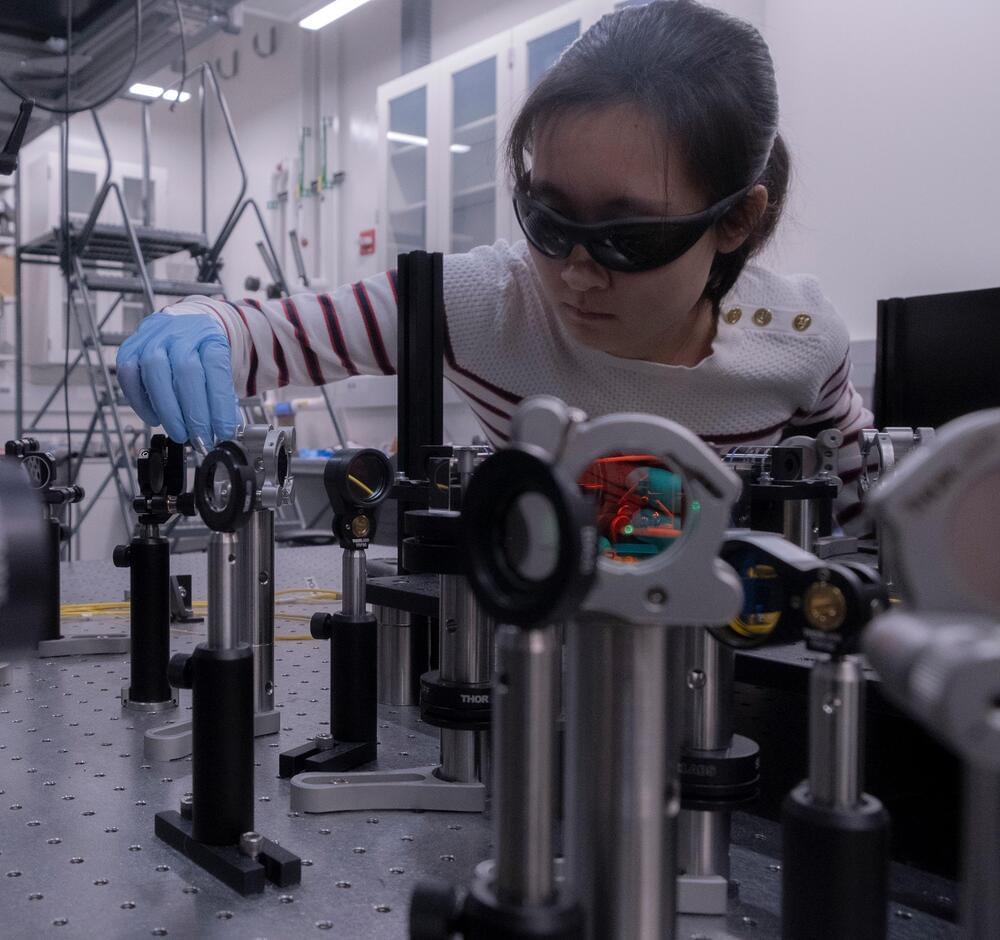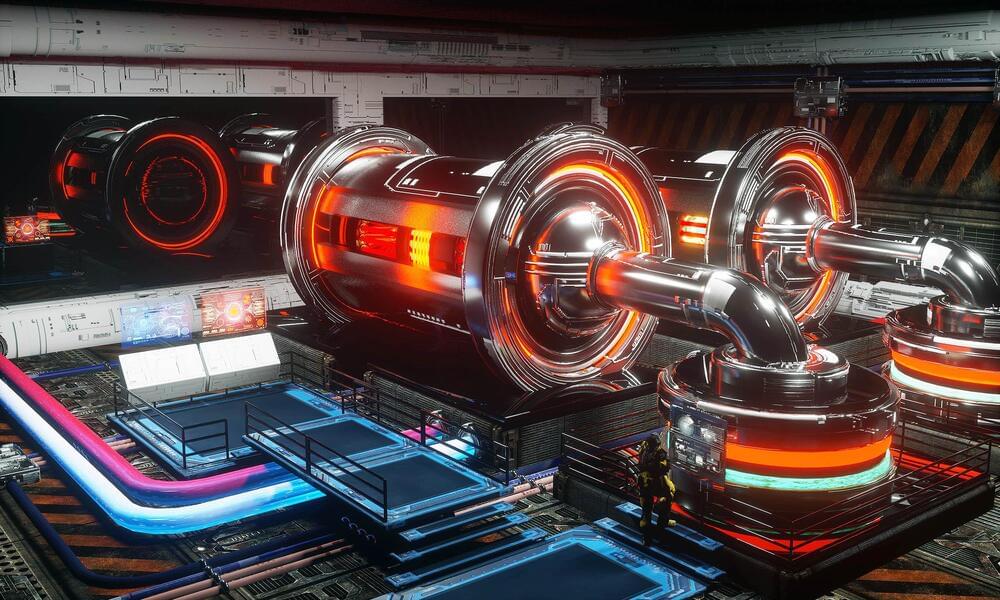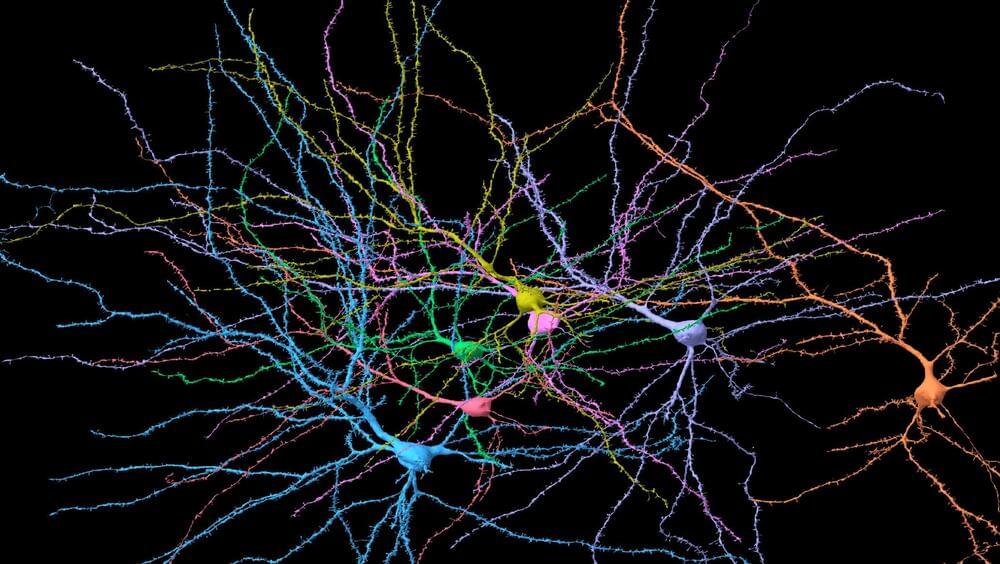Research teams led by Prof. Zeng Changgan and Zhang Hui from the Hefei National Laboratory for Physical Sciences at the Microscale, the University of Science and Technology of China (USTC) of the Chinese Academy of Sciences have achieved a reversible transition from the Casimir attraction to repulsion under magnetic field control by using a magnetic fluid as an intermediate medium. Their study is published in Nature Physics.
